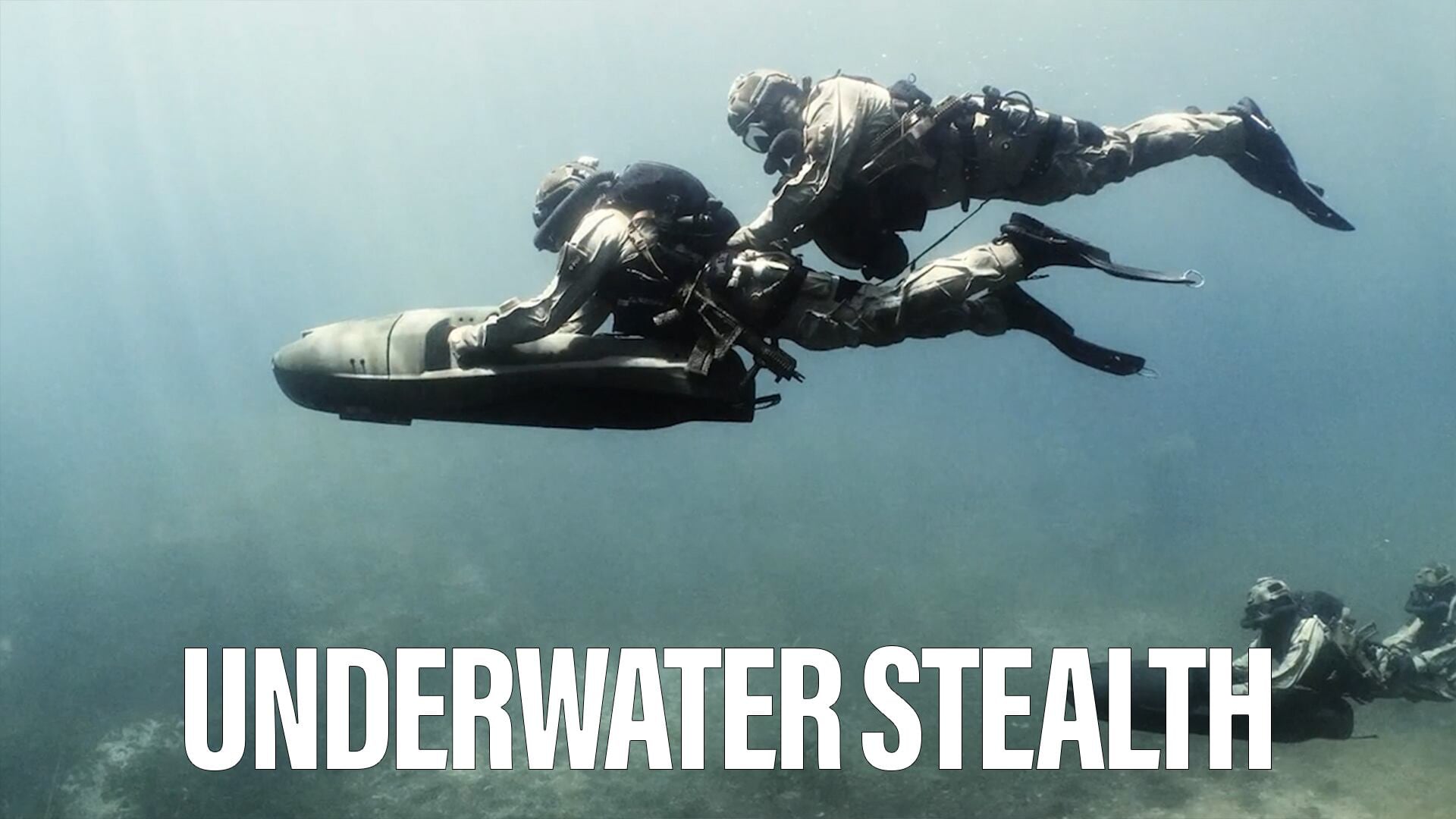The purpose of an alliance is to support an ally facing difficulty. NATO, which has been called the most successful alliance in history, has an opportunity to support France, which has taken a hard decision to the benefit of its allies and the West.
Having chosen to void the sale of two Mistral helicopter carriers to Russia in light of Moscow's aggression in Ukraine, France now is faced with an approximate $2 billion hole in its budget as well as significant job losses. While it is entirely up to France as to how they wish to handle the Mistrals — and the French defense minister apparently will be discussing a sale with Malaysia as this is written — a positive outcome for multiple reasons would be for NATO to purchase the Mistrals.
The ships themselves have excellent capabilities. Moreover, they would fit extremely well into a NATO Baltic Sea task force. The Baltic is now a friction zone between Russia and NATO, with aggressive Russian air overflights, unknown submarine incursions, increased naval activity, and the Baltic nations themselves looking for NATO support in light of Ukraine and multiple, all-too-close Russian military exercises.
While NATO, including the United States, has generated a useful initial set of responses, including beefed up air policing, forces on the ground in the Baltic countries and rapid reinforcement capabilities, the maritime focus has been lacking, save for an enhanced iteration of the annual naval exercise BALTOPS earlier this summer.
For its multiple land activities, NATO has generated a so-called "framework nation" approach involving groups of nations directed toward strategic ends; now, there needs to be a maritime framework for the Baltic Sea region. The Mistrals could be purchased as a joint NATO effort and utilized as lead ships around which to build such a framework capability.
A maritime framework for the Baltic Sea would include the NATO nations of Germany, Poland, Norway and Denmark, as well as the three Baltic member states of Estonia, Latvia and Lithuania. Sweden and Finland, which are close partners of NATO, having recently signed host nation support agreements with the alliance, and which are bound to support the Baltics through the European Defense and Solidarity clauses of the Lisbon treaty, would also be important members.
Given a Mistral sale, France could choose to participate, which itself would be a valuable demonstration of West European support for the eastern alliance members at the same time the alliance undertakes to support France through the Mistral purchase.
NATO as an organization has acquired and operated key military systems before, such as C-17 aircraft. In the instance of the Mistrals, an acquisition would meet strategic considerations for the Baltic by increasing capability and underscoring solidarity by supporting an ally which has stepped forward for the alliance.
A key issue, of course, would be financing. While $2 billion is not an enormous sum in today's world — the financial papers are rife with private acquisitions multiple times larger — money cannot simply be conjured from thin air.
One useful way of going forward would be for the NATO nations to commit to the purchase and then finance the acquisition over a period of, say, three or five years. Private finance of defense projects has been periodically utilized, and a dependable undertaking by NATO to purchase the ships should be as bankable as, for example, take-off contracts in the energy arena.
Undertaking the commitment over several years would allow each nation's obligation to be fitted into national defense budgets. The precise allocation among nations would have to be negotiated, but that has been done before and especially as both strategy and solidarity would be served, should not be impossible.
At the end of the day, France has done the right thing, and undertaken a very important service to the alliance and the West, by canceling the sale. By doing so, France for now has taken the loss alone, yet the benefits are mainly external to it.
In those circumstances, while it might not have the ring of "Lafayette, we are here," an offer "Monsieur Le President, we would like to purchase your ships" would be of consequential benefit to the alliance.
Franklin Kramer is a distinguished fellow and board member of the Atlantic Council; Jeff Lightfoot is an Atlantic Council non-resident fellow; and Magnus Nordenman is deputy director of the Brent Scowcroft Center on International Security at the Atlantic Council.








